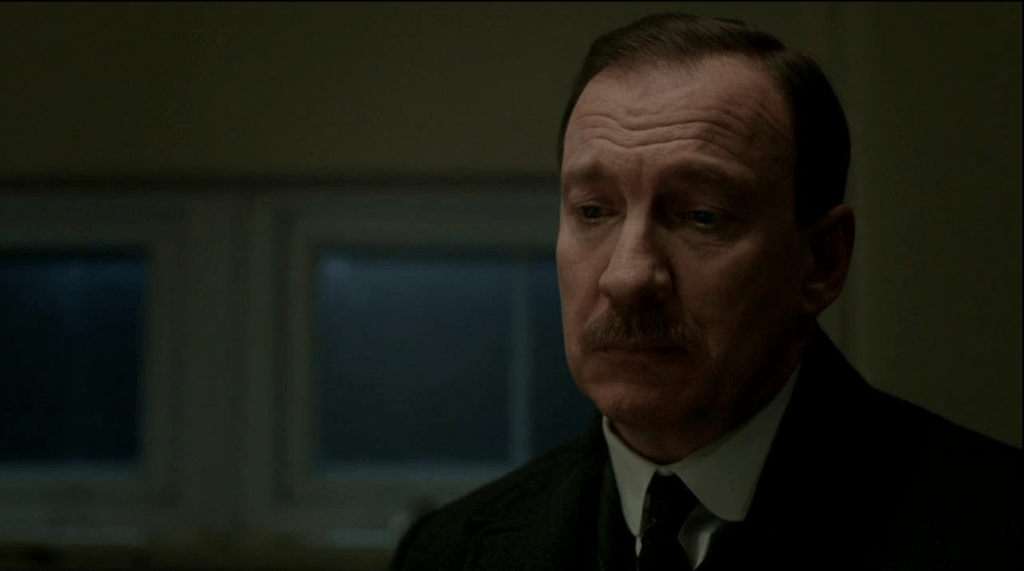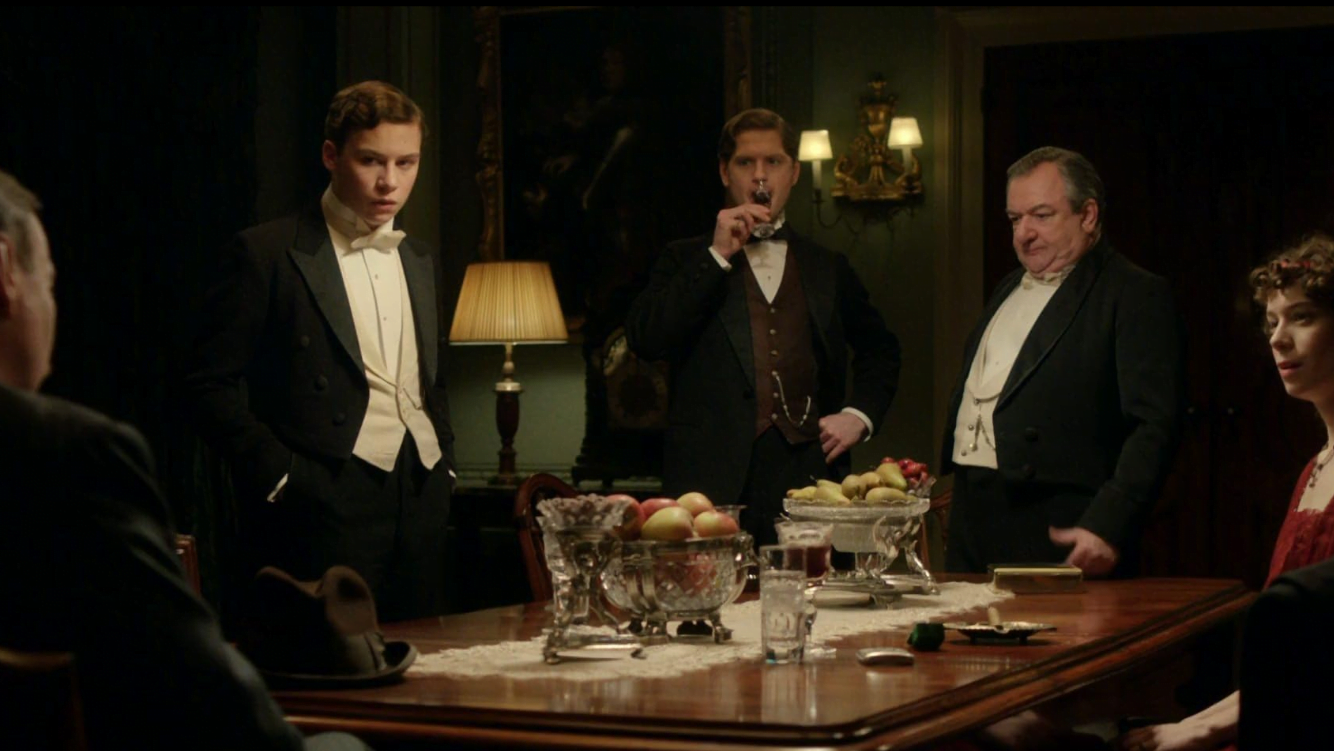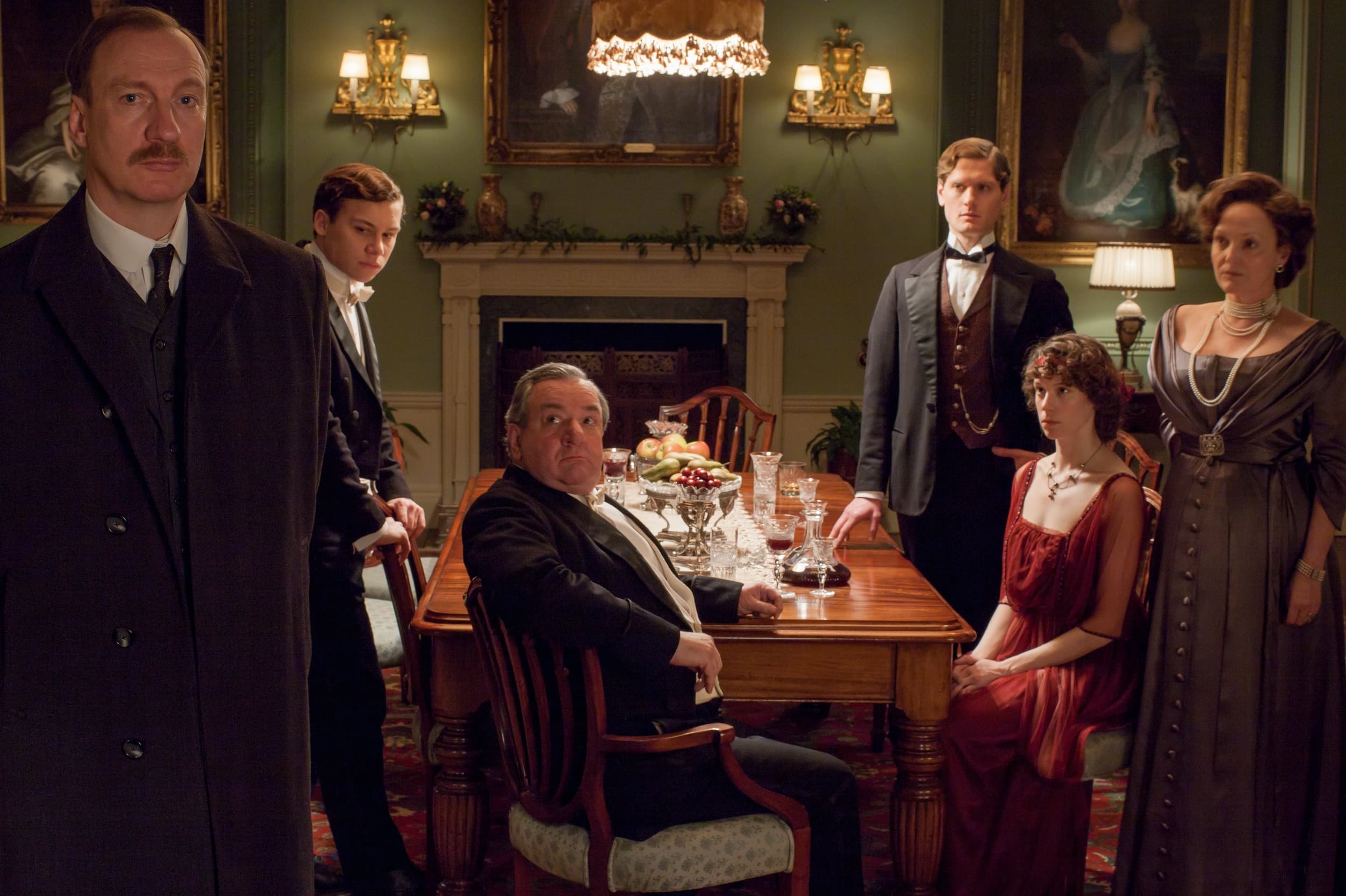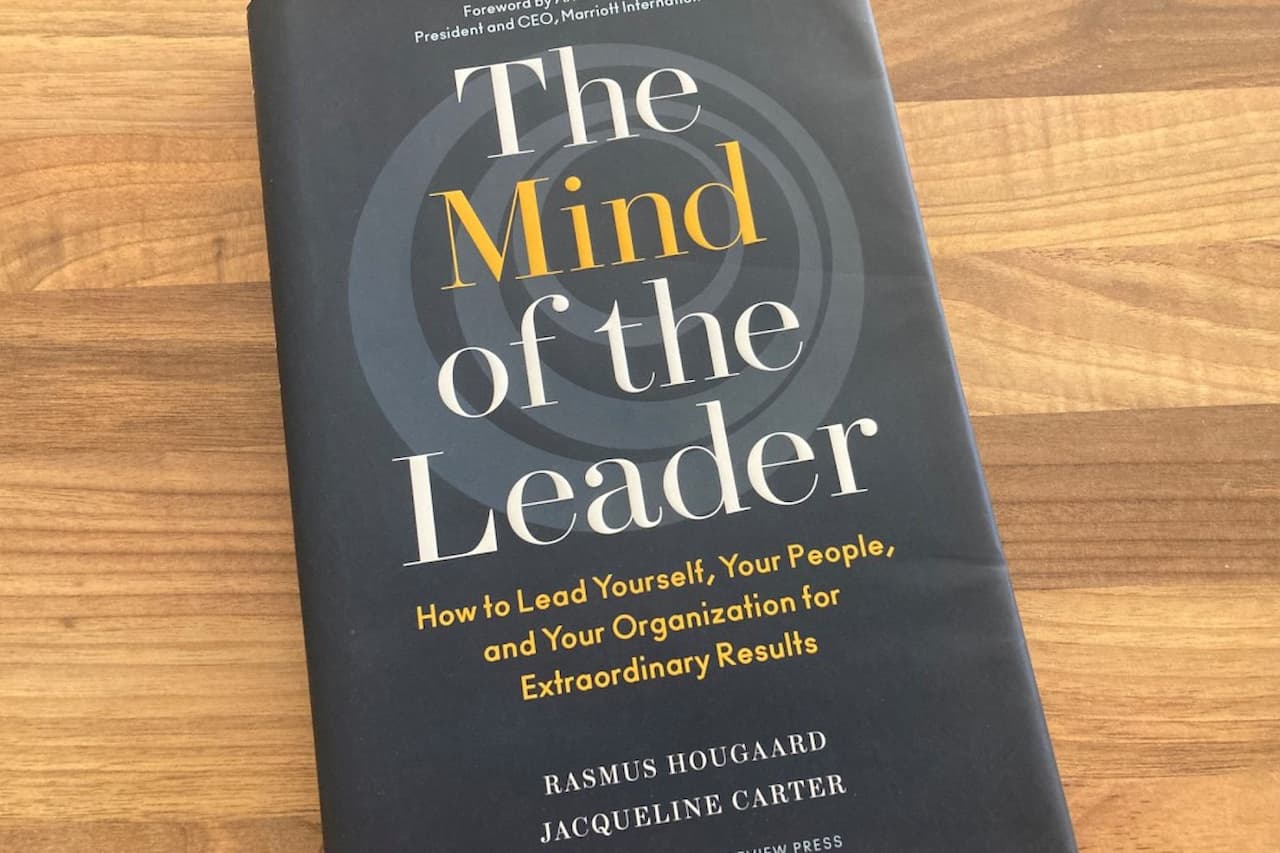Let’s step into the intriguing world of “An Inspector Calls,” a film that skillfully intertwines themes of social responsibility, ethics, and humanity without giving away its secrets. My An Ispector Calls review peels back layers of the narrative, offering insights and stirring curiosity about how individual actions influence the collective. As we hint at the rich tapestry of characters and their journey through introspection, our discussion paves the way for a deeper understanding. Ready to explore the moral complexities and timeless messages embedded in this captivating story? Let’s delve into the movie review that promises to enrich your viewing experience, all while keeping the mystery intact for you to discover.
An Inspector Calls is a play by J.B. Priestley, set in 1912, that delves into the investigation of a young woman’s death by the mysterious Inspector Goole. It critiques the social and moral responsibility of the upper class. The play has been adapted into several films and television versions, featuring various casts over the years. Notable adaptations include the 2015 BBC One film starring David Thewlis as Inspector Goole, Ken Stott as Arthur Birling, and Miranda Richardson as Sybil Birling.
What is The Main Theme of An Inspector Calls and What is Questioned?
I think there are four main themes in “An Inspector Calls“: our social responsibilities, age, gender, and social class. The question asked in An Inspector Calls is how the characters in the movie will react to Eva Smith’s life and death within the framework of these four main themes.
The first of these is our social responsibilities. Eva Smith would not die if the main characters in An Inspector Calls were responsible for their own actions and considered one another. As long as we live, we communicate with many people. Sometimes others affect our lives, and sometimes we affect the lives of others. If we act without being responsible for our own actions and without thinking that we can affect other people’s lives, we can lose many people like Eva Smith.
The second major theme in An Ispector Calls is age. Young Eric and Sheila were more emotional about Eva Smith’s death than other characters. On the other hand, Mr. and Mrs. Birling, who are parents of Eric and Sheila, are selfish people who are concerned about how to save themselves.
The third theme in the movie is gender. In An Inspector Calls, we can see the perspective of Mr. Birling and Gerald Croft on women. In the movie, it is tried to explain that women are as talented as men and that men and women should be equal in the working environment. We can understand this from Eva Smith’s response to Mr. Birling – “If I were a man, you wouldn’t talk to me like that.”
The fourth theme in An Inspector Calls is social class differences. We can see the social class differences in the film that Eva Smith works cheaply in the factory and has hardly any rights, how customers treated her while working in a clothing store, and couldn’t marry Eric because she wasn’t in the same class.
What Are The Messages Given by The Movie?

Inspector Goole clearly conveyed the message of “An Inspector Call” at the end of the film.
“But remember this. One Eva Smith has gone- but there are millions and millions and millions of Eva Smiths and John Smiths still left with us, with their lives, their hopes and fears, their suffering and chance of happiness, all intertwined with our lives, and what we think and say and do. We don’t live alone. We are members of one body. We are responsible for each other. And I tell you that the time will soon come when, if men will not learn that lesson, then they will be taught it in fire and blood and anguish. Good night.”
Inspector Goole
Which Ethical Issues Can be Found in An Inspector Calls?

When we look at the sequence of events in An Inspector Calls, we first see that Mr. Birling forced his employees to work for very low wages, that the employees had almost no rights, and that he employed child workers in his company. In addition, we see that there is discrimination against women in the working environment from Eva Smith’s statement “If I were a man, you wouldn’t talk to me like that“.
Secondly, Eva Smith lost her job and could not find a job again as a result of the class separation that occurred while working at the store. Also, without thinking about the consequences of Sheila, complaining of Eva Smith with immediate anger shows how important our social responsibilities are.
Third, we see a complete example of enlightened egoism in the relationship of Gerald Croft and Eva Smith. Gerald Croft’s sense of being needed forced him to help Eva Smith, but they had to end their relationship with the effect of class separations.
Fourth, Eric’s presence with Eva Smith without thinking about the consequences, and using force reflects the perspective of men to women living in that period. Here again, we can see the difference of class distinction and a society that lives as male-dominated.
As a result, we see the effects of class separation everywhere in the film. We also clearly see to what extent our social responsibilities affect the lives of others.
Main Characters’ Position From the Lens of the Main Moral Philosophies

I think Mr. and Mrs. Birling displayed a hedonistic moral philosophy. Mr. Birling, who did not give his employees even 25 shillings, told that he could ultimately give thousands of pounds to save himself, at the end of the movie and this speech shows that what character he has.
Eva Smith’s need for help nurtures Gerald Croft’s sense of helping others. The desire to be needed makes Gerald Croft an enlightened egotist.
I think Eric and Sheila show similar characteristics. These two characters, who grew up insecure due to the pressure of their parents, differ from the other main characters. Sheila succumbed to her jealousy at the store, causing Eva Smith to be fired. Sheila is aware of her mistake and regrets it. For this reason, for Sheila, she used her class power in the store to display an egoistic but later deontological moral philosophy.
Eric is similarly aware of and regrets his mistake, but “If it happens again, I’ll do it again.” by saying, brings his own personal pleasure to the fore. Eric was egoistic during his relationship with Eva Smith, but after learning about Eva Smith’s death, he displayed a deontologist moral philosophy.
Discover more book and movie reviews...



